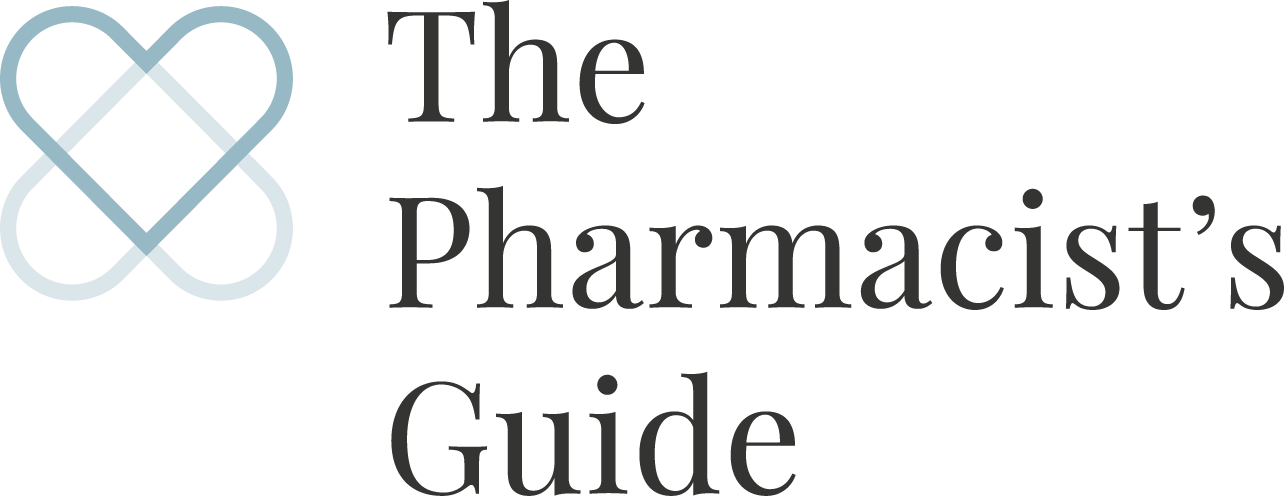American Pharmacists Month
Happy American Pharmacists Month!
October is not only a month of fall weather, cozy sweaters and warm coffee, but also a month where we recognize the impact of the profession of pharmacy.
What is a pharmacist? Many people think of a pharmacist as a “drug dealer” or the person who hands them their prescriptions. A pharmacist is so much more. Armed with a doctorate (yes, you can call them doctor!) and a host of experience before they are even able to practice on their own, a pharmacist supports the healthcare system in hospitals (do you know that every order medication order written in a hospital has to be verified by a pharmacist?), drug stores, long term care facilities (like nursing homes), and home infusion companies. Pharmacists are also qualified to work in positions in the pharmaceutical industry, for the FDA, for the VA, for consultant companies, for skincare companies, etc… Many hospitals also have pharmacists who specialize, kind of like physicians. We have pharmacists who work in infectious disease, critical care, emergency medicine, transplant, oncology, and more.
The pharmacy profession has had a rough few years. Early in the 2000s, there was somewhat of a national shortage. Salaries and job opportunities were high. Of course, the market reacted and in the next decade many pharmacy schools opened (we should have learned from law schools, right?!). The profession did not grow as anticipated and it resulted in market saturation and a lot of pharmacy schools pumping out graduates who could not find a job. Unlike medicine - which has national agencies dictating how many people can graduate and enter specialties each year - the pharmacy schools themselves made money, but their graduates were left looking for jobs.
Enter COVID-19. Early in the pandemic, pharmacists were still going to work and were the accessible health care providers that people were asking their questions to. Also, during this time, a lot of the bigger retail corporations started laying off pharmacy personnel. Why? My guess is that they were facing lower margins due to the PBMs, DIR fees, lower volume, etc… and so they cut labor.
Then, the COVID vaccine was approved and the front-line pharmacists, who were already maxed out, distributed the majority of the vaccinations. Pharmacists were already burnt out and this additional workload without more resources put them over the edge. Many left their retail roles and found pharmacy positions that were better fits for their work-life balance and mental health.
Now, many pharmacy stores are decreasing their hours or closing stores. Why? Not because there is a pharmacist shortage but because corporations are having a hard time hiring people back after they fired them and pharmacists understand now that there are other options. Hospital pharmacies have their own challenges with shortages and inventory management, but I do find the work-life balance and the overall culture (and patient safety focus) to be much stronger in hospitals.
Pharmacists, I implore you to keep growing, seek a pathway where you feel valued and like your work is meaningful. Continue to advocate for the profession. Work on your well-being. Spend time with your family. If you are feeling stuck or unhappy, start journaling and asking yourself what success in a job looks like for you. Does it look like flexibility? Does it looks like connection? Does it look like learning? We all have different needs at different stages of our career and it is okay to explore where our heart takes us. A profession does not define you, you are still an amazing, whole human being with or without the label.
If you want to advance the profession - work on provider status! Continue to educate a younger generation. Join (or start!) and organization (doesn’t have to be pharmacy-specific!). Know that you have the knowledge and experience to take you where you want to go - you just have to figure out what success means to you and find a path that fits that definition.
xo
